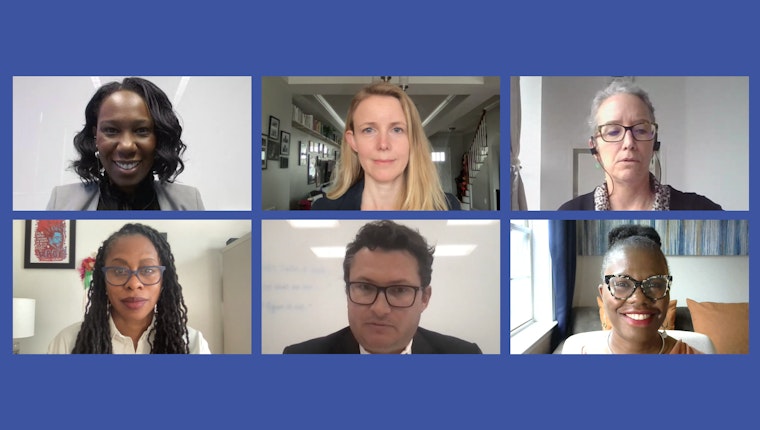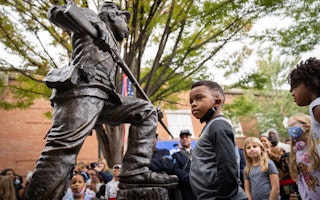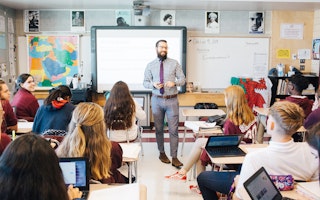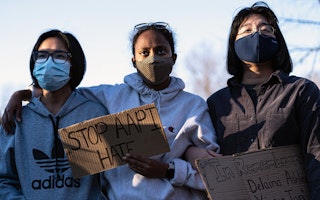
Community violence is a public health epidemic in the United States, claiming nearly 20,000 lives each year and leaving tens of thousands more injured. It includes the use or threat of harm towards strangers, acquaintances, or intimate partners and the use of force by the authorities. It also disproportionately impacts communities of color: Homicide is the leading cause of death among Black males aged 15–34, and it is the second leading cause of death for Latinx men in that same age group.
In cities across the country, community violence intervention specialists are developing innovative strategies to reduce this violence and create community safety. These efforts are often led by people directly affected by violence in their community. However, many of these organizations lack the resources to carry out their effective work because they cannot meet the requirements for government grants.
In 2021, a group of directly affected practitioners, organizations, advocates, and researchers developed a racial equity framework for funding to interrogate this problem. This panel discussion describes their nine recommendations to reduce the barriers and burdens that make government funding fractured, burdensome, ineffective, and unattainable for community violence intervention organizations in jurisdictions with the highest rates of violence.
Speakers
-
Fatimah Loren Dreier
Speaker
Fatimah Loren Dreier is executive director of Health Alliance for Violence Intervention.
-
Stephanie Hawkins
Speaker
Stephanie Hawkins is founding director of the Transformative Research Unit for Equity at RTI International.
-
Latrina Kelly-James
Speaker
Latrina Kelly-James is director of Training and Technical Assistance at the Community Based Public Safety Collective.
-
Heather Warnken
Speaker
Heather Warnken is executive director of the Center for Criminal Justice Reform at the University of Baltimore School of Law.
-
Rob Wilcox
Speaker
Rob Wilcox is federal legal director at Everytown for Gun Safety.
-
Jennifer Shaw
Moderator
Jennifer Shaw is a senior program manager for Open Society-U.S.
Read more
Power and Public Memory
Q&A: Why Monuments Must Change

We tend to think of monuments as being immutable, permanent structures. But the nonprofit group Monument Lab is on a mission to change the way the U.S. thinks about monuments and their relationship with power and public memory.
Confronting History
The Manufactured Moral Panic Over Critical Race Theory

Authoritarians use racial grievance to gain power, and liberal discomfort enables their efforts. What Critical Race Theory really means—and how the attack on it undermines democracy.
Solidarity against Hatred
A History of Anti-Asian Hate in the United States

The Atlanta-area shooting was just the latest instance of rising violence against people of Asian descent. We need to understand its roots—and the intersecting factors at work—to stop hate’s spread.